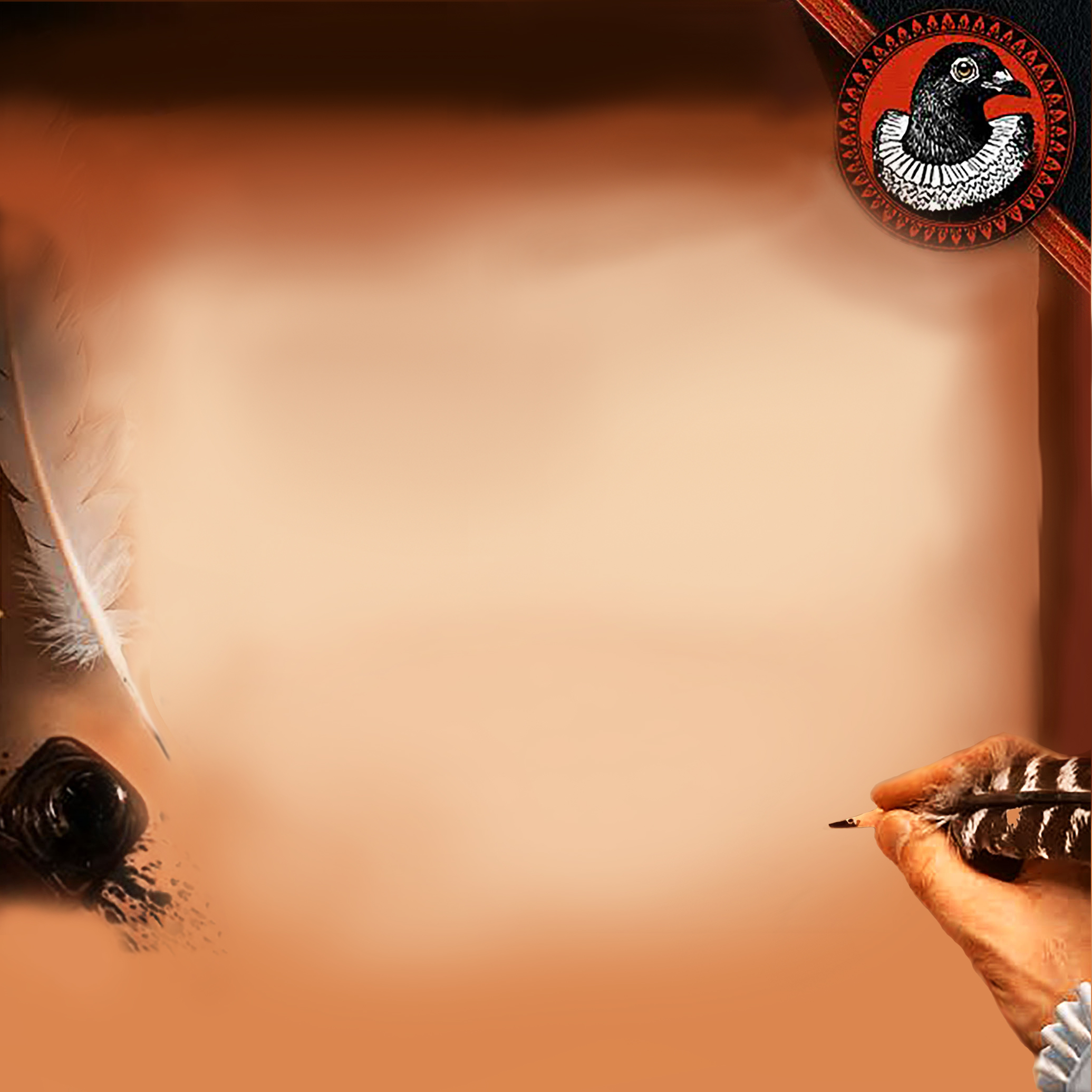(We’re mashing up current events with Hamlet, the whole play, and you can start here in the middle or with this post.)
We’ve come upon the most famous of Hamlet’s seven, count them seven, soliloquys, and without further ado:
Hamlet: “To be, or not to be, that is the question.
Whether ’tis nobler in the mind to suffer
The slings and arrows of outrageous fortune,
Or to take arms against a sea of troubles
And by opposing end them. To die, to sleep –
No more – and by a sleep to say we end
The heartache and the thousand natural shocks
That flesh is heir to. ‘Tis a consummation
Devoutly to be wished. To die, to sleep;
To sleep, perchance to dream. Ay, there the rub,
For in that sleep of death what dreams may come,
When we have shuffled off this mortal coil,
Must give us pause.
Hamlet can either endure the slings and arrows of outrageous fortune, which for him is the injustice of his uncle’s usurpation, or take arms and oppose that indignity. But while the crown prince and heir apparent can get away with a lot of crimes, including murder, even he cannot kill the king. Moreover, merely killing Claudius wouldn’t serve to restore legitimate rule. For justice to truly be restored, Hamlet needs to reveal to Denmark that Claudius killed King Hamlet. Oh, and Hamlet also insists on retaining his honor in the process. Everyone says Hamlet is hesitating, but he isn’t really (and neither are we). He’s working out a solution to a complex problem, and he’s coming to realize that it may require his own death.
Lots of archaic terms coming up: respect here means factor; contumely means insolent abuse; disprized means not valued; spurns means insults; quietus means death; a bare bodkin is an unsheathed dagger.)
Hamlet: “There’s the respect
That makes calamity of so long life.
For who would bear the whips and scorns of time,
The’ oppressor’s wrong, the proud man’s contumely,
The pangs of disprized love, the law’s delay,
The insolence of office, and the spurns
That patient merit of th’ unworthy takes,
When he himself might his quietus make
With a bare bodkin?”
That fear of what comes after death is what makes our long lives calamitous, or more exactly it is what makes us bear the calamity of a long life that endures much suffering. Why else would we endure so much and not just stab ourselves? Actually, this argument is only really persuasive to someus when we are depressed, but if ever there was a year when people can relate…
(Fardels are burdens; bourn means frontier.)
Hamlet: “Who would fardels bear,
To grunt and sweat under a weary life,
But that the dread of something after death,
The undiscovered country from whose bourn
No traveler returns, puzzles the will,
And makes us rather bear those ills we have
Than fly to others that we know not of?
Thus conscience does make cowards of us all,
And thus the native hue of resolution
Is sicklied o’er with the pale cast of thought,
And enterprises of great pitch and moment
With this regard their currents turn awry
And lose the name of action. – Soft you now,
The fair Ophelia. Nymph, in thy orisons
Be all my sins remembered.”
The word “conscience” in Elizabethan times could mean either conscience or consciousness, and since the argument in this speech centers on the fear of after-death dreams, consciousness is likely the intended meaning.
Hamlet then offers Ophelia one of the most gracious comments a man might make to a woman: In thy orisons (in your prayers) be all my sins remembered. And here comes Ophelia to answer…
More tomorrow, and hope you’re enjoying!
